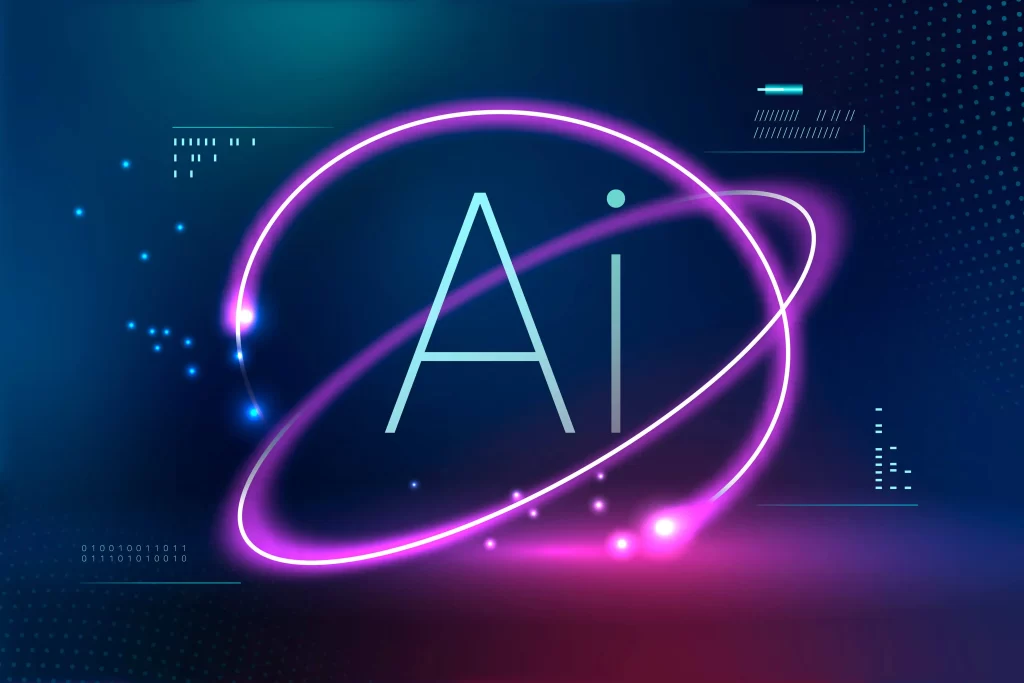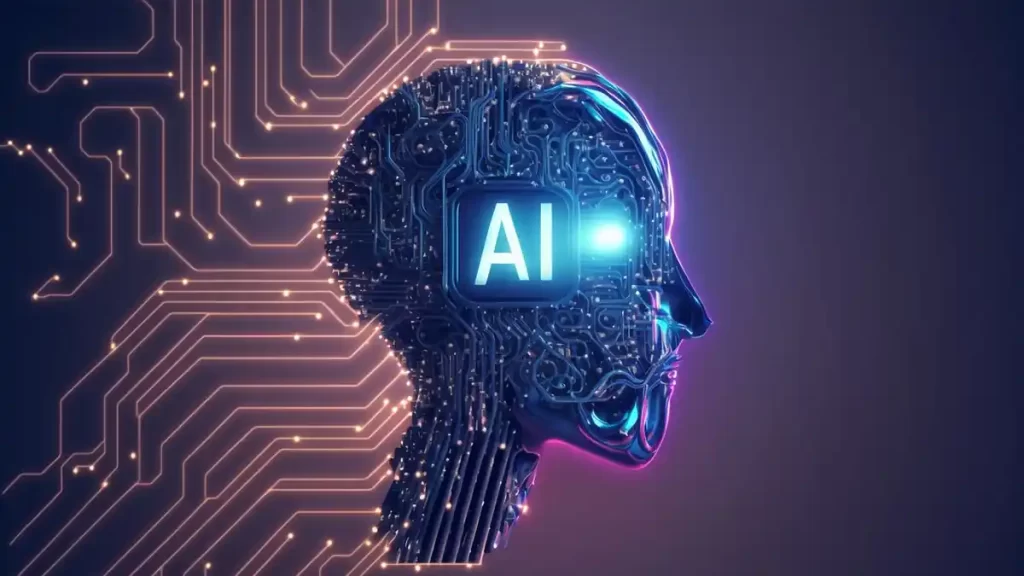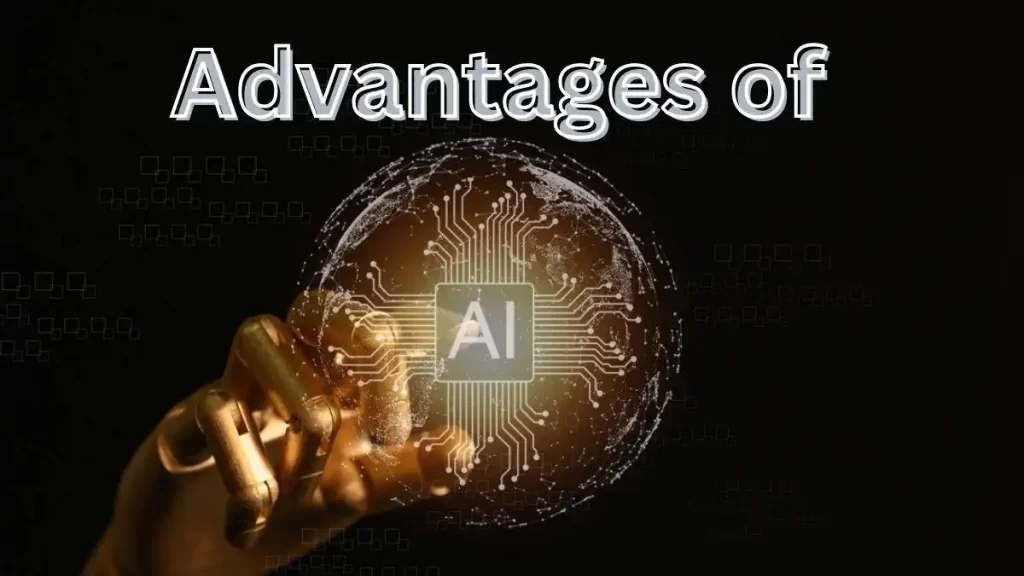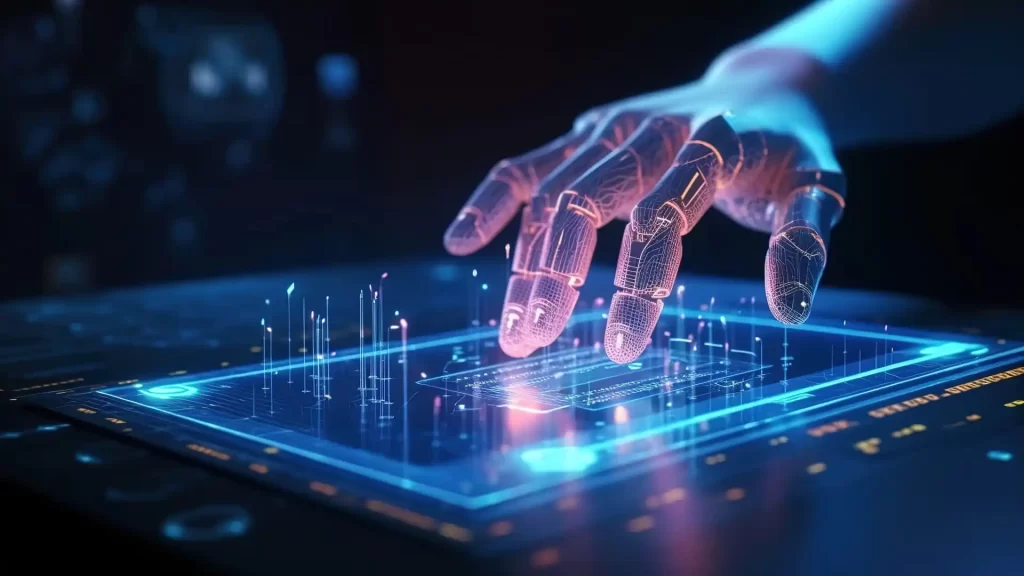
Artificial Intelligence (AI) is redefining the education sector by introducing smarter, more efficient, and more personalized learning experiences for students. Traditional teaching methods, while effective, often follow a uniform approach that may not suit every learner. AI brings a massive shift by offering technology-driven learning that adapts to individual needs, learning speeds, and academic strengths. From interactive digital classrooms to automated assessments and personalized study paths, AI is helping students learn better and helping educators manage tasks more efficiently.
The influence of AI goes beyond just academics. It improves accessibility, enhances student engagement, and creates an environment where learning becomes more intuitive and enjoyable. As the world moves toward an innovation-driven future, AI prepares students with the skills they need to succeed. The education system as a whole is evolving into a more intelligent, data-supported, and outcome-focused ecosystem because of AI’s growing impact.
How AI Is Changing the Learning Experience

AI has transformed the learning experience by introducing tools that adapt to individual student needs. Instead of general lessons, students now receive customized learning suggestions based on their progress, strengths, and weaknesses. AI-driven platforms analyze how a student studies, where they struggle, and what learning style works best for them.
Role of AI in Enhancing Student Engagement
Student engagement is one of the most important factors for academic success. AI tools such as interactive learning apps, voice assistants, gamified lessons, and real-time quizzes play a major role in increasing student involvement. These tools make learning more enjoyable and interactive, moving away from passive memorization methods.
Virtual tutors, AI chatbots, and automated learning platforms ensure that students stay motivated throughout their learning journey. When learning becomes dynamic and visually enriched, students develop a stronger interest in subjects and show higher participation levels. AI thus brings creativity into the classroom and helps students stay focused and curious.
Key Advantages of AI in Modern Education
AI offers numerous advantages that support both the learning process and the administrative side of education. It reduces manual work for teachers, provides easy access to learning materials, and ensures that students receive instant feedback on their performance.
5 Key Advantages of AI:
- Personalized learning paths tailored to each student
- Faster grading and performance evaluation
- Engaging digital content that boosts understanding
- 24/7 learning assistance through AI chatbots
- Real-time analytics for monitoring student progress

Personalized Learning Through AI Systems
One of the biggest transformations AI brings to education is personalized learning. Every student learns differently—some are visual learners, others understand better through practice. AI identifies these patterns and creates unique learning paths for each student. It recommends suitable study materials, highlights important topics, and even adjusts difficulty levels based on performance. As a result, students learn comfortably without feeling overwhelmed.
AI-Powered Assessment and Feedback

AI has made assessments faster, unbiased, and more accurate. Traditional grading methods often take days and depend on manual correction. AI changes this by instantly evaluating assignments and tests. More importantly, AI provides detailed feedback explaining where mistakes happened and how to improve. Students can learn and correct themselves immediately, which strengthens understanding. Educators also get insights into which topics need revision based on class performance.
Enhancing Accessibility for All Learners
AI plays a big role in making education inclusive. Students with disabilities or learning difficulties receive specialized support through AI tools. Speech-to-text helps students who struggle with writing. Text-to-speech helps visually challenged learners. Real-time translation tools break language barriers for international students. These features ensure every learner gets equal opportunity, support, and comfort in the academic environment
Reducing Teacher Workload and Increasing Efficiency
Teachers spend a lot of time doing tasks like grading, preparing tests, scheduling, and managing records. AI automates these repetitive activities, giving teachers more time to focus on explaining concepts and interacting with students. Automated attendance systems, timetable generators, and teaching assistants make classrooms more organized. With AI handling administrative work, teachers can put more effort into creative teaching methods and personalized support.
Preparing Students for a Technology-Driven Future

AI is becoming the backbone of modern careers. Whether it is engineering, finance, healthcare, marketing, or research, AI skills are now essential everywhere. When students begin using AI-based tools early, they naturally develop problem-solving abilities, critical thinking, and digital literacy. These abilities shape them into confident learners who can adapt quickly to new technologies.
As industries continue to adopt automation and intelligent systems, students who understand AI gain a clear advantage in academic and professional environments. Many training platforms, including resources provided by Placement Point Solutions, help learners explore practical AI concepts in a structured, approachable way. Engaging with such tools prepares them for future job roles and helps them stay competitive in a world driven by innovation and rapid technological change.


